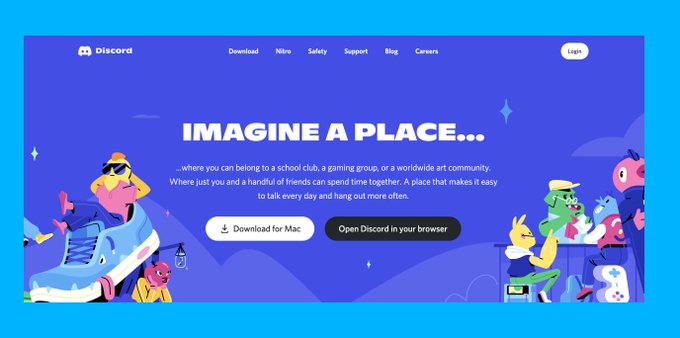6 signs a woman could be wife material (or not):
1. What’s her Instagram like?
2. How’s her relationship with her dad?
3. What’s her profession?
4. Will she stay over?
5. Does she make your life easier?
6. Is she between 18-22?
1. Instagram Feed
What does her Instagram look like?
Is it plastered with pictures of her tits and arse?
Or is it covered in pictures of travel, friends and family?
People share what they want you to see.
Pay close attention.
2. Relationship with Her Father
How does she treat her dad?
How does her dad treat her?
A father is a symbol for a woman.
He’s what she expects from any man - be it good or bad.
If a bad precedent is set early on…
Steer clear.
3. Profession
Avoid women in professions such as law and gender studies.
These are combative professions; designed to animate and argue.
You want a woman who is focused on you and your future family.
3. Profession
Avoid women in professions such as law and gender studies.
These are combative professions; designed to animate and argue.
You want a woman who is focused on you and your future family.
4. Will She Stay Over?
Picture this.
You’ve been dating for 1 month.
You’ve been going out for plenty of meals and dates.
You pop the question…
‘Wanna stay at mine tonight?’
…she pauses.
She says she’s got plans…
She’s got an early start tomorrow…
Fellas, she isn’t interested in something long term.
She should want to enter your world; see your surroundings.
If she isn’t interested, stay well clear
5. Does She Make Your Life Easier?
Does she help make the bed?
Does she offer to cook dinner?
Does she offer to do the laundry?
These are small details, but it shows something important…
She wants you to feel comfortable.
This applies for any future children you have too.
6. If It’s New, Go 18-22
This one will be controversial.
I’m not denying it.
But, I firmly believe it.
If you’re starting a new relationship, go with a girl who’s 18-22 years old.
This might sound crazy.
Let me explain why…
Men peak in their mid 30’s.
Women peak in their early to mid 20’s.
She will have had less sexual partners than older women.
She will be less jaded and bitter about men and the world.
She will be less focused on her career (i.e. a distraction from family)


































